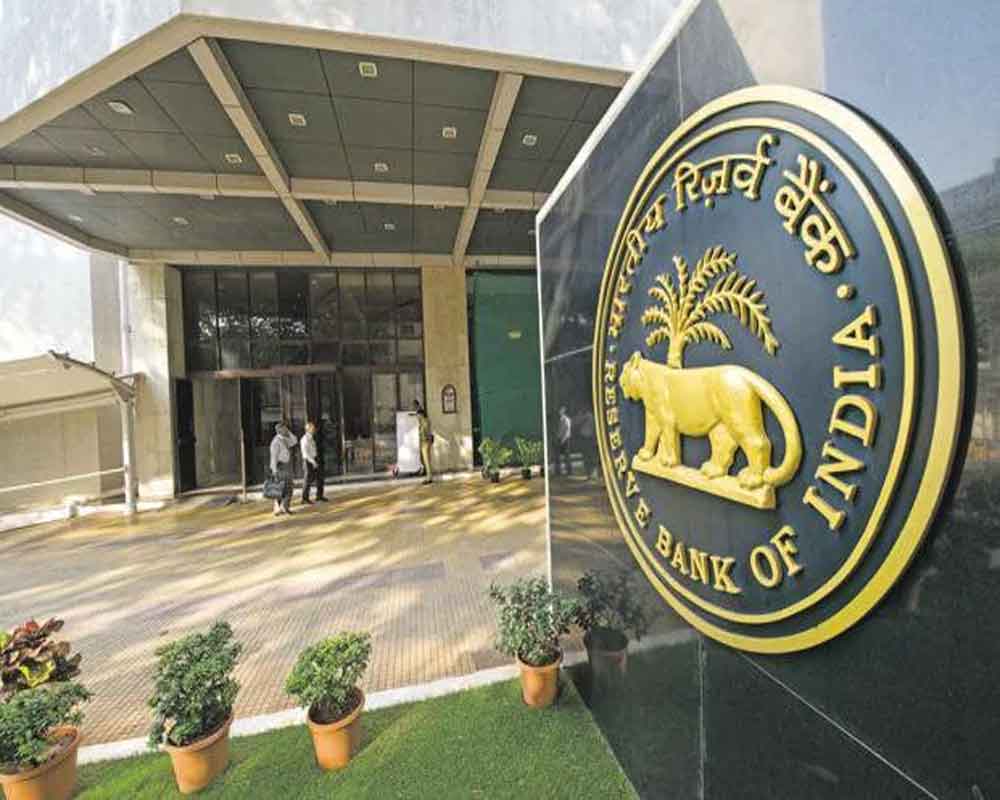RBI prohibits issuance of unsolicited cards by issuers

The Reserve Bank on Thursday asked card companies not to issue unsolicited credit cards or upgrade an existing card without the explicit consent of the customer, failing which they will have to pay double the billed amount as penalty.
It also asked card issuers and third-party agents not to resort to intimidation or harassment during recovery of dues from customers.
In its master directions on credit card and debit card issuance, the RBI said “the issue of unsolicited cards/upgradation is strictly prohibited”.

These directions will be effective from July 1, 2022.
It further said in case an unsolicited card is issued or an existing card upgraded and activated without the explicit consent of the recipient, the card issuer will have to reverse the charges and pay a penalty double the billed amount.
According to the master directions, commercial banks with net worth of over Rs 100 crore can undertake credit card business either independently or in tie-up arrangement with other card issuing banks/NBFCs.
Regional rural banks (RRBs) are also permitted to issue credit cards in collaboration with their sponsor bank or other banks.
“In addition, the person in whose name the card is issued can also approach the RBI Ombudsman who would determine the amount of compensation payable by the card-issuer to the recipient of the unsolicited card as per the provisions of the Ombudsman Scheme, for loss of complainant’s time, expenses incurred, harassment and mental anguish suffered by him/her,” the central bank said.

The RBI further said non-banking financial companies (NBFCs) shall not undertake credit card business without its prior approval.
“Without obtaining prior approval from the Reserve Bank, NBFCs shall not issue debit cards, credit cards, charge cards, or similar products virtually or physically.”
With regard to recovery of dues from customers, the RBI has asked the issuers to ensure that they and their agents adhere to the fair practices code for lenders.
In particular, with regard to appointment of third-party agencies for debt collection, the card-issuers shall ensure that their agents refrain from actions that could damage their integrity and reputation and observe strict customer confidentiality, it added.
“Card-issuers/their agents shall not resort to intimidation or harassment of any kind, either verbal or physical, against any person in their debt collection efforts, including acts intended to humiliate publicly or intrude upon the privacy of the credit cardholders’ family members, referees and friends, making threatening and anonymous calls or making false and misleading representations,” it said.
With regard to issuance of debit cards, RBI said banks should not force a customer to avail debit card facility and should not link issuance of debit card to availment of any other service from the bank.
Further, the apex bank said a co-branded credit/debit card shall explicitly indicate that it has been issued under a co-branding arrangement.
“The co-branding partner shall not advertise/market the co-branded card as its own product. In all marketing/advertising material, the name of the card-issuer shall be clearly shown,” it said.
NBFCs desirous of entering into a co-branding arrangement for issue of credit cards will also come under the guidelines.
Among others, the RBI asked card issuers to put in place a grievance redressal mechanism and publicise it widely.
Card issuers shall ensure that their call centre staff are trained adequately to competently handle and escalate a complaint, if necessary, it added.
Further, it said card issuers will be liable to compensate the complainant for the loss of his/her time, expenses, financial loss as well as for the harassment and mental anguish suffered for the fault of the card issuer and where the grievance has not been redressed in time.

“If a complainant does not get satisfactory response from the card-issuer within a maximum period of one month from the date of lodging the complaint, he/she will have the option to approach the Office of the concerned RBI Ombudsman for redressal of grievances,” it added.




